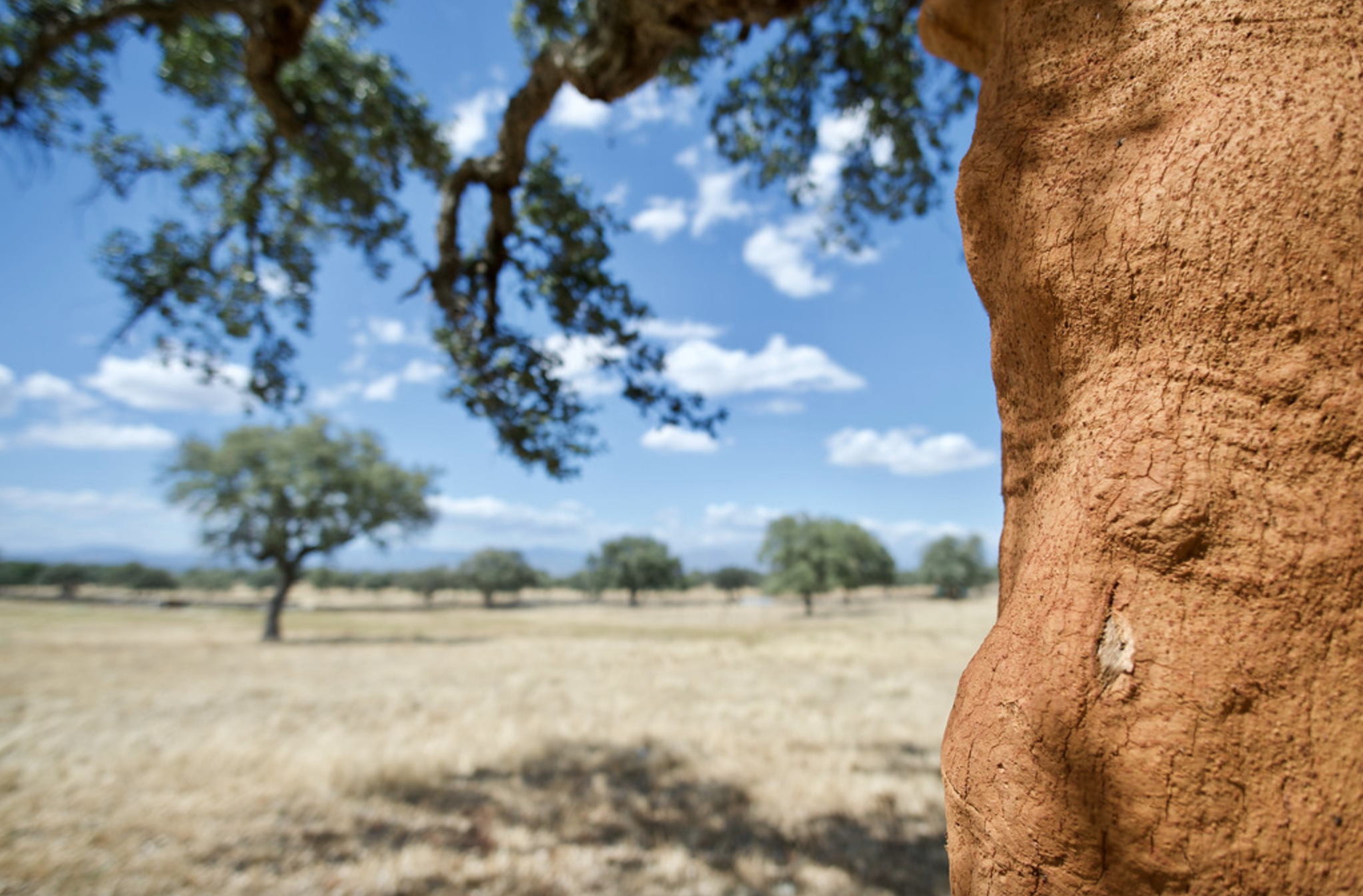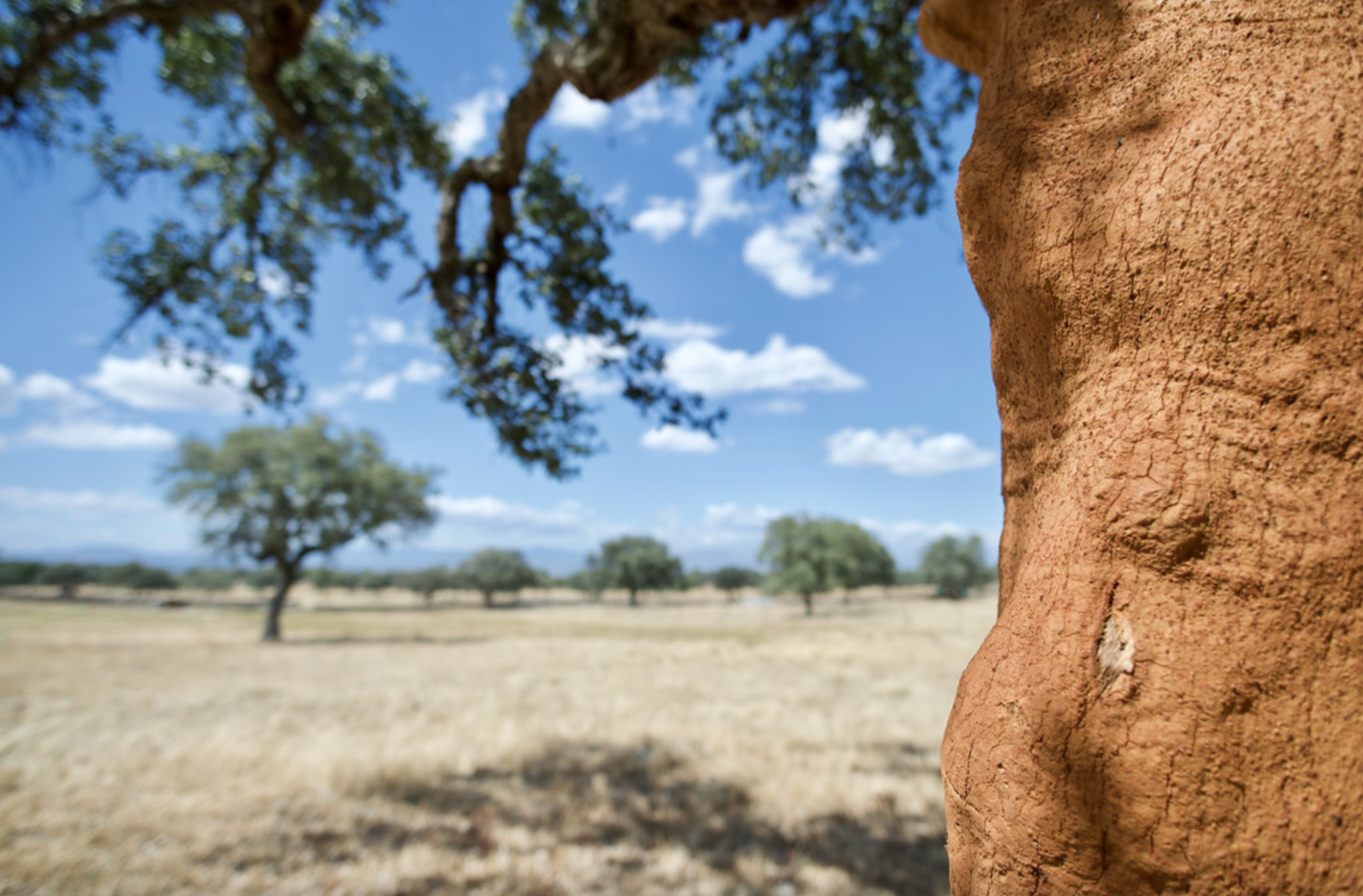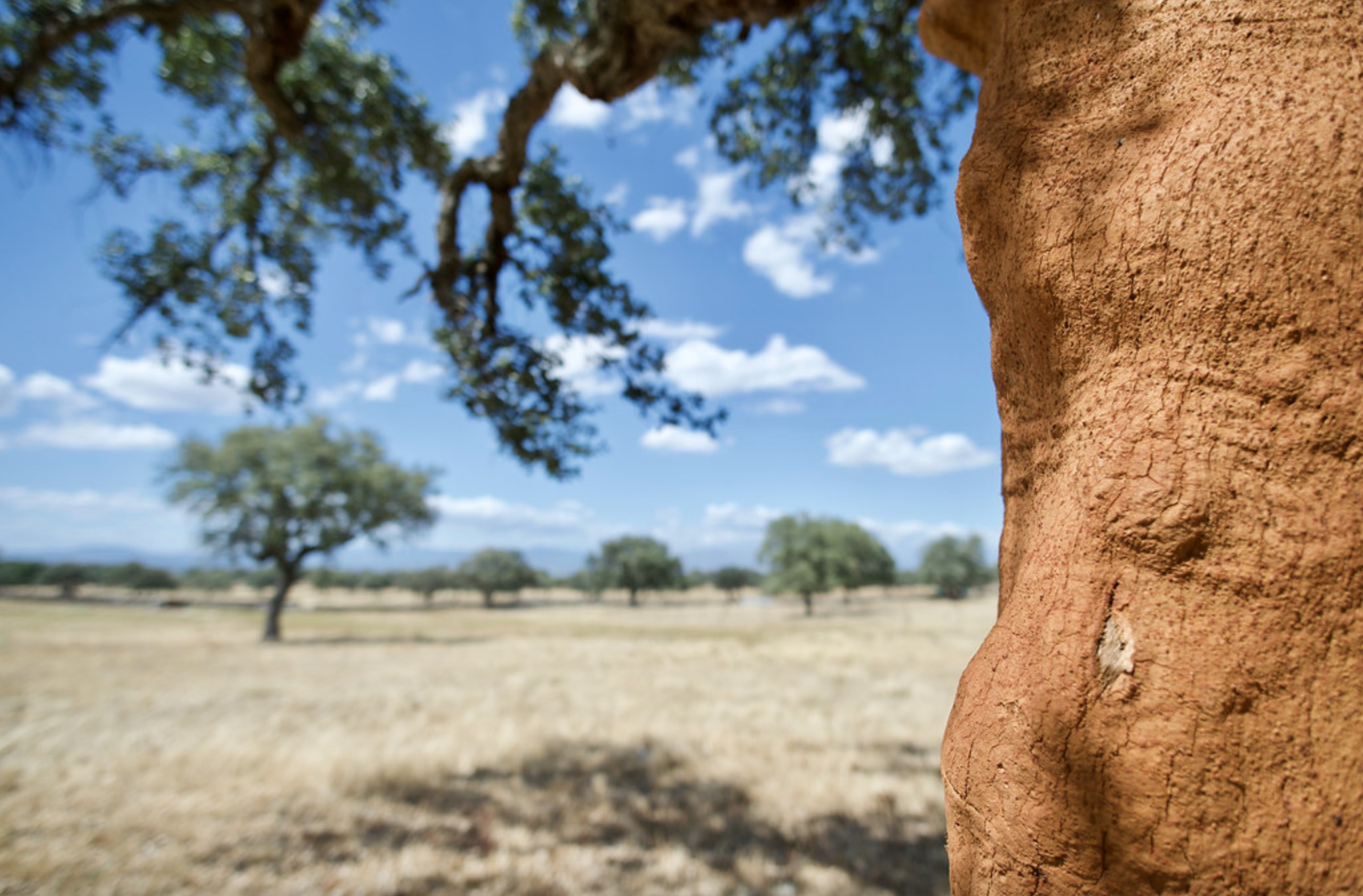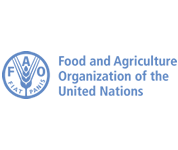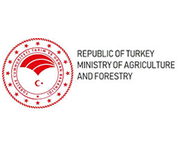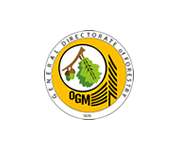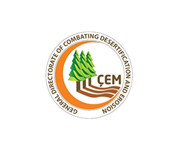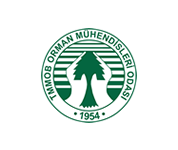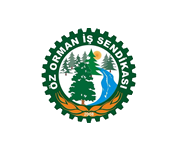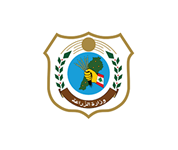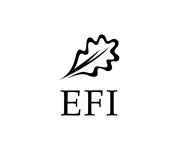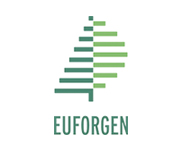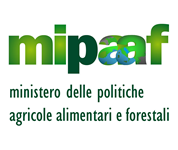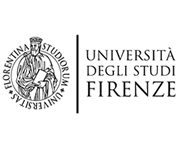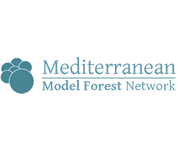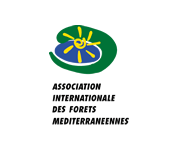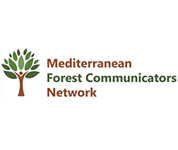Interview with Ümit Turhan, newly appointed chair of Silva Mediterranea
Can you tell us about yourself and your background?
I have an undergraduate degree in forest engineering from Istanbul University and a master’s degree in business administration. I completed Yale University’s executive education programme in forestry, a course on sustainable development tools for solutions at Lund University and an EU educational programme at Ankara University.
Before joining the state forest service, General Directorate of Forestry (OGM), I spent two years in the private sector in the wood industry, leading a team of employees producing sawn and treated timber. Having almost 25 years of experience in forestry, I have also been in different management positions in OGM.
I have contributed to developing several international project proposals and carried out several forestry projects with FAO, as a designated contract manager, while still being the focal point of the United Nations Framework Convention on Climate Change and OGM’s team leader for the land use, land use change and forestry working group.
Since 2019, I am responsible for foreign affairs at OGM as the deputy head of the department.
I have participated in multiple international conferences as a country representative and have authored and co-authored many publications, such as the Strategic Plan for the Adaptation of Forestry to Climate Change (2021) and the Report on the Financing of Forestry for the tenth session of the United Nations Forest Forum (UNFF10 Istanbul) (2013).
I have also received a letter of appreciation from the Ministry of the Interior and an honour diploma from the European Forestry Academic Society of which I am a member.
Apart from my professional life, I am happily married with two sons. I also like reading, engaging in outdoor activities and going to the gym.
What is your view on the future strategic vision of Silva Mediterranea?
The strategic vision of Silva Mediterranea is to ensure that forests and other wooded lands (OWLs) in the Mediterranean region are sustainably managed, contribute to sustainable development, and provide economic, social, environmental and cultural benefits for present and future generations.
To achieve these overall goals, two strategic objectives have been defined to improve the resilience of Mediterranean forest ecosystems and OWLs to global changes, and develop and promote goods and services provided by forest ecosystems and OWLs in the Mediterranean region.
I firmly believe that forests and OWLs can provide ecosystem goods and services to communities if managed sustainably. Sustainable forest management (SFM) and sustainable land management (SLM) could be tools for forest managers and practitioners to improve the resilience of Mediterranean forest ecosystems and OWLs to global changes, such as climate change, desertification, deforestation, forest and land degradation, and biodiversity loss. SFM and SLM practices should focus on fire prevention and management, ecosystem restoration, biodiversity conservation, afforestation, reforestation and the conservation of forest genetic resources to reduce the vulnerability and enhance the resilience of forests for climate change adaptation.
SFM and SLM practices should be developed in a way that helps increase carbon stocks through afforestation, reforestation and restoration of degraded forests, OWLs and other lands. This will eventually contribute to climate change mitigation by reducing greenhouse gas emissions and increasing greenhouse gas removals from the atmosphere.
SFM and SLM could also facilitate the development and promotion of ecosystem goods and services provided by forests and OWLs for present and future generations. SFM and SLM criteria and indicators should be used to monitor and evaluate the sustainable production of goods and services by Mediterranean forests and OWLs. Managers should thus consider ecosystem services in their planning processes.
Mediterranean forests and OWLs contribute to the livelihoods of forest-dependent people, hence the need to enhance their role for rural development.
Forests and OWLs are crucial for the well-being of people living in urban areas. This is why establishing urban and peri-urban forests and protecting cultural values and landscapes to make cities environmentally, economically and socially more resilient play a critical role in helping us face global challenges.
Forests and OWLs are key natural resources for young people. We must, therefore, increase their knowledge, capacity and awareness and include them in management and decision-making processes. Forestry and environment-related topics should be included in the curricula of schools and universities.
However, all actions require adequate financial resources and innovative technologies. Developed countries in the Mediterranean region should support developing countries by transferring financial resources and innovative technologies.
Moreover, an online georeferenced regional monitoring and reporting system should be developed to monitor, verify and report on the trends in forests and OWLs. A new working group could be established to initiate these monitoring and reporting activities.
I also emphasize the importance of implementing the road map defined in the Agadir Commitment to support forest and landscape restoration, biodiversity conservation and land degradation neutrality.
Moreover, knowledge of forest genetic resources at the Mediterranean level, and the development and promotion of genetic-based criteria for monitoring and reporting should be integrated into Mediterranean countries’ policies and strategies.
Fire is a real threat to the integrity and health of forests and OWLs. Silva Mediterranea should therefore facilitate the adoption of an integrated fire management approach in national forest programmes and climate-change adaptation strategies.
I can see the need to develop a platform to empower entrepreneurs of projects that enhance the value of the goods and services provided by Mediterranean forests, focusing on non-wood forest products.
Ecosystem services are vital for the well-being of communities. However, their economic value is often neglected, and the economic contribution of forests and OWLs to gross domestic product remains low. Turkey could initiate a series of workshops or develop a guide on enhancing the value of ecosystem services from Mediterranean forests and OWLs.
I am keen to establish new working groups to develop a portfolio of projects with a regional component, accessing the funds, facilities and financing programmes that address the goals of the Rio Conventions.
Awareness-raising and capacity-building activities should be organized on the main topics of interest to share experiences and knowledge across countries at the Mediterranean Forest Week events held every two years.
As the chair of Silva Mediterranea, I will do my best to support the full implementation of the Silva Mediterranea 2019–2030 strategy.
What did you think of the Seventh Mediterranean Forest Week – and what impact will it have on future activities for Mediterranean forests?
Many member country representatives and other actors put great efforts into the Seventh Mediterranean Forest Week in Antalya and made significant contributions. We witnessed broad and varied discussions on key forestry issues. I am confident that the outcomes of this meeting will form the basis for further fruitful interactions among participants and member country representatives. I hope all participants enjoyed their visit to Turkey and left with good memories.
We are aware that achieving the new goals for Mediterranean forests will require persistent, collective efforts to make the region safer from the risk of disasters and take new emerging trends into account. We also need to carry out further research on forests.
Moreover, skilled, motivated young people in the Mediterranean region will play a key role in offsetting carbon emissions, and implementing ecosystem restoration and forest protection projects. I care very much about their engagement. I see that young people are encouraging their elders to do the right thing.
Even though the risks to Mediterranean forests will increase, we must look at the impact of climate change on species, biodiversity loss and desertification in different regional countries.
I am pretty sure that our committee will continue to involve more countries and stakeholders in this upcoming meeting. We must now ensure that the discussions are reflected in concrete steps and credible actions.
During your time as chair, are there are any particular Mediterranean forestry topics that you would recommend focusing on? These could be, for example, forest fires, forest ecological restorations, non-wood forest products, youth engagement, climate change, etc.
We have suffered the effects of pandemics, climate change, ecological degradation and new setbacks in our work towards global goals for more equitable, inclusive and sustainable development in the region. Addressing these challenges in our region is a shared endeavour. And the clock is ticking, time is running out.
The first topic I have suggested is increasing climate resilience. Resilient forest ecosystems are essential to ensuring healthy populations. Healthy ecosystems provide forest goods, and non-wood forest products and services, creating jobs opportunities that can revitalize poverty-stricken forest-dependent communities.
The Intergovernmental Panel on Climate Change’s (IPCC) Sixth Assessment Report provides some findings on the Mediterranean region:
• Observed trends in Mediterranean-type ecosystems (MTEs) 1990–2021 are increased water deficit and fire activity, causing declines in diversity, tree mortality with resprouting trees worst affected, increasing dominance of grasses (often alien), and increasing dominance of deciduous over evergreen species.
• Increased summer maximum temperature and decreased soil moisture explained most of observed burned area, suggesting a contribution of climate change, but fire suppression, fire prevention, agricultural abandonment and reforestation, and reduction of forest area exerted even stronger influences on the burned area than climate across Mediterranean Europe (robust evidence, high agreement) (Moreno et al., 2014; Turco et al., 2017; Viedma et al., 2018; Turco et al., 2019).
• Observed tree mortality in temperate ecosystems: Across the Mediterranean Basin, a combination of drought, wildfire, pest infestations and livestock grazing has driven tree mortality (Penuelas and Sardans, 2021). Climate change has contributed to tree mortality in Europe (high agreement, medium confidence).
• Future projections of wildfire in high-risk areas: In Mediterranean Europe, climate change by 3 °C could double or triple the burned area, while keeping the temperature increase to 1.5 °C could limit the burned area increase to 40‒50 percent (Turco et al., 2018). Under the RCP8.5 scenario, the frequency of heat-induced fire weather could increase by 30 percent (Ruffault et al., 2020). Severe fire followed by drought could cause biome shifts of forest to non-forest (Batllori et al., 2019) and an increase in tree mortality by 50 percent (Dupire et al., 2019). In most regions with dry or Mediterranean subtropical climates, climate change reduces renewable surface water and groundwater resources significantly (Doell et al., 2015).
I consider that given the negative effects of climate change, mitigation and adaptation activities are key components of the long-term global response to climate change. Mediterranean countries should enhance their adaptive capacity, strengthen their resilience and reduce their vulnerability to climate change.
The second topic is facilitating the alignment of financial flows with international commitments and processes (e.g. SDGs, Aichi biodiversity targets, land degradation neutrality and the Paris Climate Change Agreement) to conserve forest ecosystems and accelerate their restoration. Stronger financial support is needed for the forest sector from international funds, national public and private funds, and where needed through regional collaborations and partnerships.
The last topic is regional cooperation on adaptation and mitigation actions, as climate change is a problem requiring collective action at the regional as well as the global scale.
What are your expectations for Silva Mediterranea’s cooperation with national focal points?
I would like to emphasize that sharing country best practices with the national focal points (NFPs) through, among other things, arranging regular meetings and sharing best practices with the appropriate recipients, provides a substantial contribution. Offering additional services such as helping NFPs in their search for partners is also important.
Sustained communication with all NFPs working under Silva Mediterranea, including Turkey, is necessary to achieve goals. A mail network and virtual conference platform significantly enhances communication and coordination with NFPs. We see great benefits in consulting with the diverse contact points.
Face-to-face meetings and discussions undeniably create synergies and opportunities for progress and projects that could bring a valuable contribution to future management and collaboration with other NFPs.
I invite NFPs to inform the chair of the Silva Mediterranea about latest developments every three months. Moreover, we need to work more efficiently with the secretariat to organize the twenty-fifth session of Silva Mediterranea and the Eighth Mediterranean Forest Week.
Camila Mosier Giovine (FAO), Lucia Rivera Lima (FAO), Giovanni Di Matteo (FAO)


